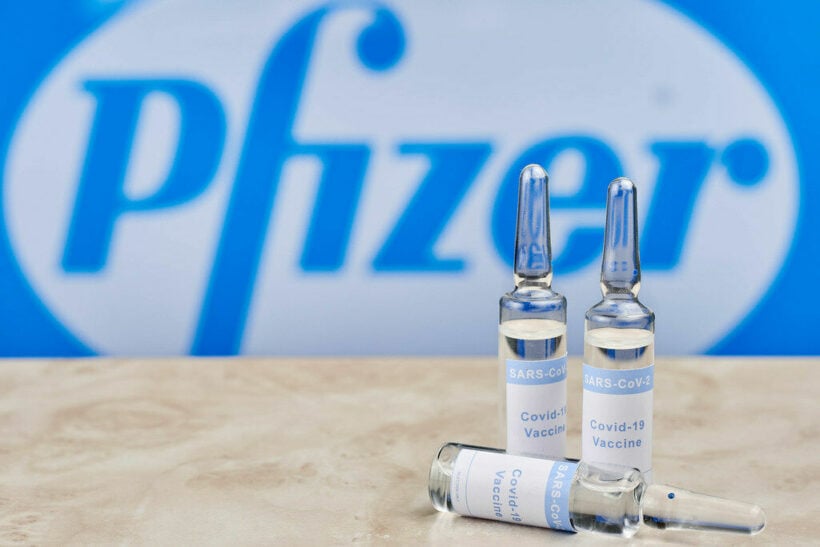Covid-19 vaccine CEOs say 3rd dose may be needed along with annual jabs

The CEO for the Pfizer Covid-19 vaccines says it is likely that people will need a 3rd dose of the vaccine and to receive it annually. Albert Bourla, told CNBC, that the booster, or 3rd dose, will be needed less than a year after being fully vaccinated.
“A likely scenario is that there will be likely a need for a 3rd dose, somewhere between 6 and 12 months and then from there, there will be an annual revaccination, but all of that needs to be confirmed. And again, the variants will play a key role. It is extremely important to suppress the pool of people that can be susceptible to the virus.”
Bourla’s comment echoes that of Johnson & Johnson’s CEO when he stated in February, that people may need to get vaccinated against Covid-19 annually, just like seasonal flu shots. Both statements reflect the fact that since the vaccine is new, and testing periods are shorter than most vaccines in the past, researchers are still unclear about how long the vaccine will protect against the virus.
Pfizer says that its Covid-19 vaccine was more than 91% effective at protecting against the coronavirus and more than 95% effective against severe diseases up to 6 months after the 2nd dose. Moderna’s vaccine, which uses technology similar to Pfizer’s, was also shown to be highly effective at 6 months.
Just yesterday, the Biden administration’s Covid response chief science officer, David Kessler, noted that new Covid variants could “challenge” the effectiveness of the shots.
“We don’t know everything at this moment. We are studying the durability of the antibody response. It seems strong but there is some waning of that and no doubt the variants challenge … they make these vaccines work harder. So I think for planning purposes, planning purposes only, I think we should expect that we may have to boost.”
Late last month, the National Institute of Health started testing a new Covid vaccine from Moderna in addition to the one it already has, designed to protect against a problematic variant first found in South Africa. The variant is similar to that of the UK one that has recently made landfall in Thailand.
Recent findings, by The Lancet, however, have stated that the UK variant, known as B117, has a higher reproductive rate than other strains, and it’s more transmissible. However, it refuted earlier reports that the strain is more severe. Meanwhile, Thailand’s health minister is confirming his commitment to making AstraZeneca the nation’s chosen vaccine.
SOURCE: CNBC
Latest Thailand News
Follow The Thaiger on Google News:


























